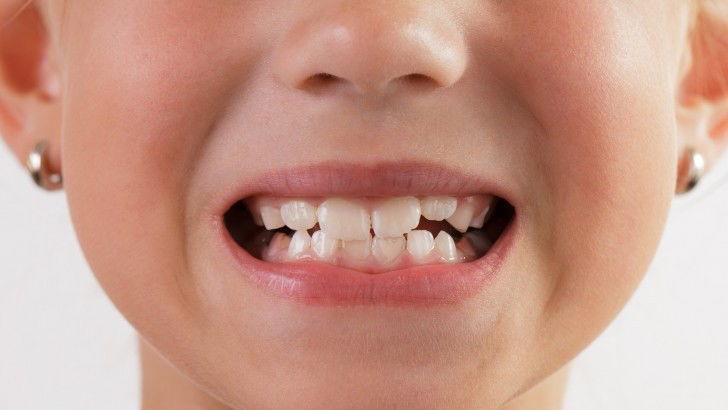Health
Baby teeth with heavy metals may predict autism risk

New York, June 2 : Baby teeth from children with autism contain more toxic lead and less of essential nutrients such as zinc and manganese, compared to teeth from children without autism, finds a study led by an Indian-origin researcher.
The study showed that children with autism had higher levels of lead throughout development, and lower levels of manganese, both before and after birth.
Lower levels of zinc was observed earlier in the womb, but these levels then increased after birth.
The findings, published in the journal Nature Communications, suggest that differences in early-life exposure to metals, or more importantly how a child's body processes them, may affect the risk of autism, the researchers said.
Autism is a condition where both genes and environment play a role, but figuring out which environmental exposures may increase risk has been difficult, said lead author Manish Arora, environmental scientist and dentist at the Icahn School of Medicine at Mount Sinai in New York.
The method of using baby teeth to measure past exposure to metals also holds promise for other disorders, such as attention deficit hyperactivity disorder (ADHD), the researchers said.
"There is growing excitement about the potential of baby teeth as a rich record of a child's early life exposure to both helpful and harmful factors in the environment," explained David Balshaw, from the National Institute of Environmental Health Sciences (NIEHS), under the National Institutes of Health.
"We think autism begins very early, most likely in the womb, and research suggests that our environment can increase a child's risk. But by the time children are diagnosed at age three or four, it's hard to go back and know what the moms were exposed to. With baby teeth, we can actually do that," added Cindy Lawler, head of the NIEHS.
For the study, patterns of metal uptake were compared using teeth from 32 pairs of twins and 12 individual twins.



































